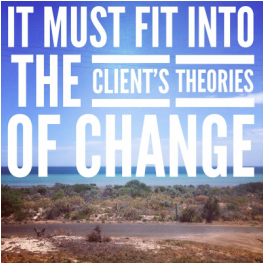 Last night I visited a new parent support group in the Adelaide Hills for parents of all ages who had a son or daughter struggling with addiction. The group had already met once before and I kneww it could be awkward for a group leader to walk into a new room of individuals trying earn respect. So I sat and listened at first to the participants’ stories. The group was created after one of the mother’s went to her local council and asked if they could create a group where parents could support each other and a specialist could come in to help come up with new ideas or provide some information about drug abuse and addiction. I was pleased to have been offered the opportunity to lead this group and came to the first session I could after coming back from the bush. When asked to provide some background about my work experience I told them that I specialised in working with children, adolescents and provide support for parents as well. I told them that I knew I was the outsider and was honoured to have been welcomed into their group. I went on to say that as this is my first session with you all I am more interested in what each individual thinks I can do to be the most helpful versus me coming in as some wise guru who will offer the best clinical advice. One father said he would like to learn skills about how to regulate his emotions as the issues at home are affecting him at work while another said she just wanted to feel inspired to keep trying new things to help her ailing son. I can do those things, I thought. One mother told me that she was pleased to hear that I was open to feedback, as she had seen previous helpers who had simply given her lists or pamphlets of what she should do. She said that when it came to a stressful situation or conflict she could not remember what was on the list or simply just could not do those skills at those times. Despite all the different feedback provided by the participants, I knew one thing to be certain. For any therapy to work, whether its group or individual, my techniques needed to marry with how that person sees change is going to happen in their life. Many of the young people I see on a daily basis tell me that they have seen psychologists, social workers, counsellors, school workers etc. that have missed the opportunity of creating a strong relationship because they have not taken time to learn about how the person sitting with them sees change occurring. While completing the program evaluation research we conducted for our adventure therapy program in 2014, my supervisor told me about a “cooperative enquiry” he did for a previous research project. What this means is that instead of him, the researcher, writing about his expert opinion, he wrote his article with two people that fit into his research group. I thought this was an amazing idea for adolescents. Make them the experts. My next session, with a 16 year old who had lost his father when he was very young, I asked him what he thought has been the most helpful support he has gotten from all the previous clinicians he had seen. He said that he liked feeling welcomed and important and not lectured. I found this interesting because I feel the same way about most things in life. He said he could tell when there was a worker that truly wanted the best for him versus one that was there for a job. I took his input on board and for each young person that comes to see me I ask them if there is anything that I should do to be helpful or anything I should not. This helps to know whether I am working with their strengths and under their direction and not just guessing what I think is best. That will definitely miss the mark. Will Dobud 0477161768 [email protected]
1 Comment
|
Contact WillE: [email protected] Archives
September 2019
Categories |
 RSS Feed
RSS Feed
